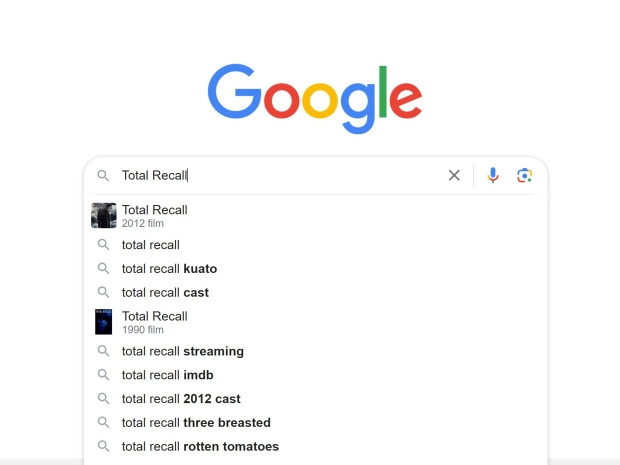Solomon told PC World that this feature, inspired by Microsoft's Recall, has the potential to revolutionise local searches and significantly enhance user experience on Chromebooks.
For those who came in late, Microsoft’s AI-powered feature for Windows 11, was recently unveiled at the company's Build 2024 conference. Its purpose is to enhance local searches, making them as efficient as web searches. Users can swiftly retrieve anything they've previously seen on their PC using voice commands and contextual clues.
However, many users have criticised Recall due to privacy and security concerns, labelling it " spyware or malware."
During the interview, Solomon discussed how Google navigates the landscape of low-cost Google platforms as the PC industry transitions to AI-powered PCs.
While Microsoft is launching Copilot+ PCs alongside Qualcomm's Snapdragon X Elite (an Arm chip), Chromebooks have a longstanding association with Arm technology. The conversation eventually centred around Recall and how Google approaches a similar concept.
Recall's theoretical benefits are clear, but practical implementation may pose challenges. Solomon referred to Google's Project Astra demo at the Google I/O conference, where Astra demonstrated its ability to "remember" the location of the user's glasses.
However, replicating this experience on a Chromebook seems tricky. Most users don't carry Chromebooks (especially since they typically lack a rear camera) for visual identification. Solomon respectfully disagreed, emphasising the importance of context and device memory.
Imagine viewing your screen, getting distracted, chatting by the water cooler, and returning. A rewind or recorder function could bring you back to that moment. There's a potential crossover here.
Google is actively discussing the "memory" concept with their team. Solomon believes that screen capture, done in a non-intrusive manner, could provide valuable context without feeling creepy. Interestingly, this aligns with Recall's purpose. However,
Solomon acknowledged one of Recall's drawbacks: the lack of user control. Users should decide when and where to activate such features.
For instance, during meetings discussing complex topics, a recorded function could create useful notes and action items—but it's up to the user to enable it where needed.

